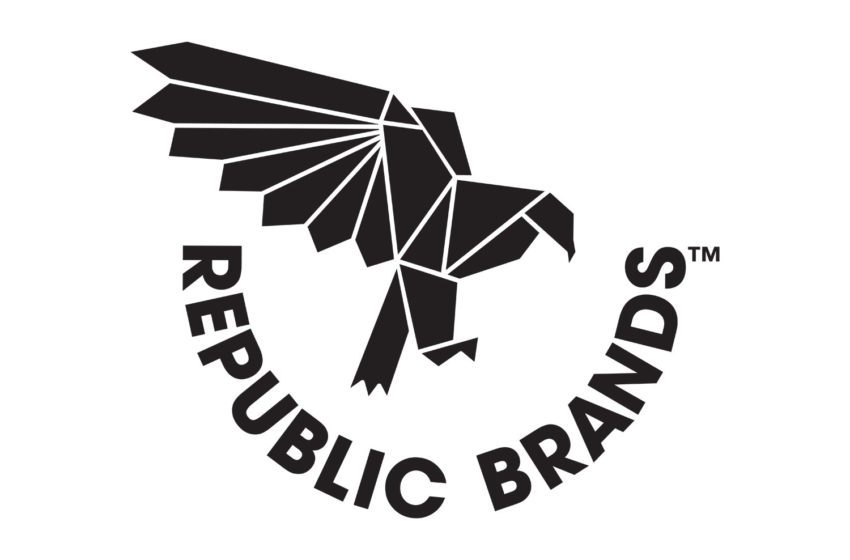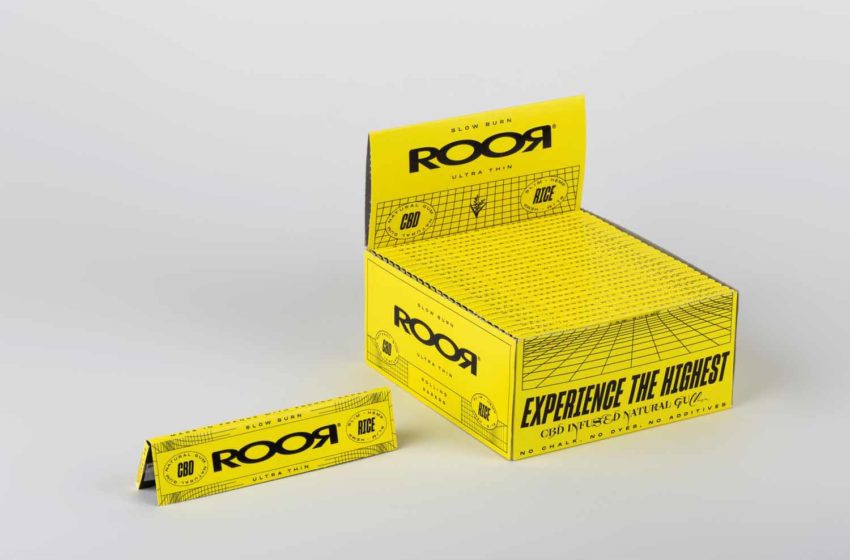Driven by cost considerations and growing environmental awareness, do-it-yourself cigarette papers continue to gain popularity. Read More
Tags :Republic Brands
Diamond Wholesale and it owner will have to pay Republic $11 million for trademark infringement. Read More
Diamond Wholesale will have to pay Republic Brands $11 million for trademark infringement. Read More
The case marks Republic’s latest victory in its fight against brand piracy.Read More
Rolling paper manufacturers benefit from pandemic-related downtrading and moves to legalize cannabis.Read More
Building on a formidable heritage, Republic Brands is keen to capitalize on the latest trends. Read More
The marketing veteran brings 25 years of experience developing strategies for renowned brands. Read More
The company establishes a new vision to meet the demands of the evolving RYO market.Read More




